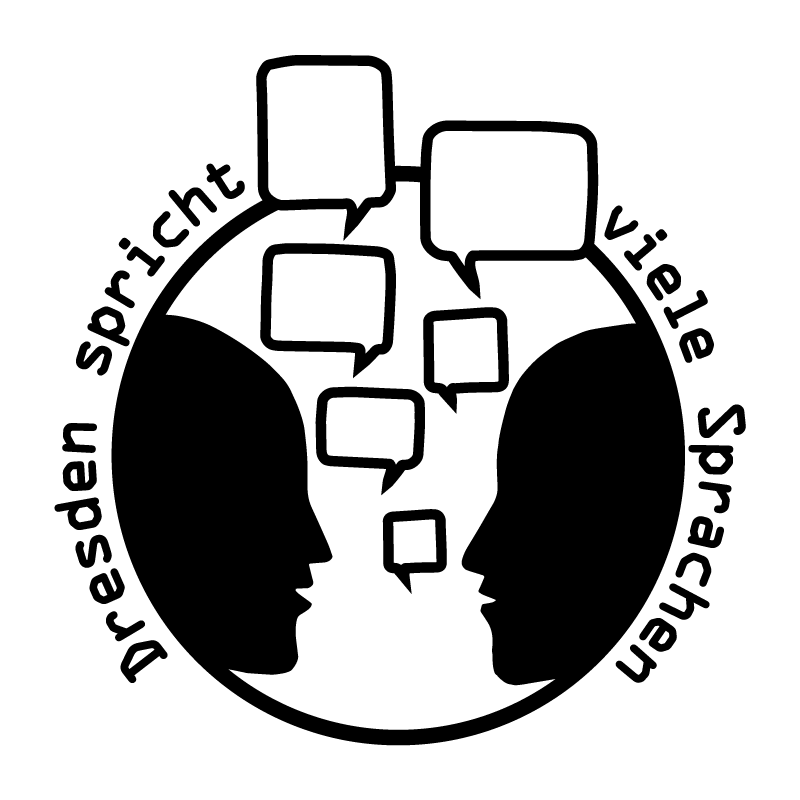
Language
At all times, there have been languages that were used as a so-called “lingua franca”, i.e. were learned and spoken by a particularly large number of people – like a universal tool. In medieval Europe, all scholars spoke Latin and were able to exchange knowledge, even if they had completely different mother tongues. Today, English plays this role in most of the world. In German, this is also noticeable in so-called Anglicisms – many English words are being adopted into German. And conversely, the vocabulary in English continues to grow due to influences from different regions of the world.
English was initially only spoken in England. The Germanic “Anglo-Saxons” displaced the original Celtic speakers. From the 17th century onwards, the English language spread throughout the world as part of the rise of the British Empire and colonization. Today, it is also the official language of the USA, Canada, Australia, New Zealand and Ireland.
There are around 340 million native English speakers in the world. The number of people who also learn English varies between 510 million and 1.75 billion, depending on estimates.
German loan words from English (so-called Anglicisms)
App, Challenge, Feedback, Highlight, Meeting, Shopping
German words that sound English but are not used at all in English
Handy
Script
Like many writing systems, the English alphabet originally developed from the Phoenician alphabet. The Phoenician alphabet influenced the Greek alphabet, which in turn developed the Latin alphabet. The Romans adopted the Greek alphabet and adapted it, which led to the creation of the Latin alphabet. With the Christianization of England in the 6th century AD, the Latin alphabet entered the English language. In the 15th and 16th centuries, particularly with the invention of printing, the alphabet began to be standardized. The modern English alphabet with 26 letters was established.
Dresden spricht …
Workshops, tours, writing and printing workshops under the motto “Dresden speaks many languages”

Period
03-12.2024
Porject coordination
Yvonn Spauschus (Projektleitung)
Yulia Vishnichenko · Moussa Mbarek · Nadine Wölk · Rosa Brockelt · Yuliya Firsova · Martin Mannig (workshop leader)
Rosa Brockelt · Rosa Hauch · Falk Goernert · Birthe Mühlhoff (moderation, documentation)
Adina Rieckmann · Lydia Hänsel (tourguides)
Inge · Mahsa · Karin (voluntary help)
Cooperation partners
JugendKunstschule Dresden – Standort Passage, Omse e.V., Nachbarschaftshilfeverein, Stadtteilverein Johannstadt e.V., Malteser Hilfsdienste e.V., Jugendhaus LILA as well as Chinesisch-Deutsches Zentrum e.V., Lebenshilfe Dresden e.V., GEH8 Kunstraum und Ateliers e.V., Umweltzentrum Dresden – ABC Tische and many more
Supported by
The project is funded by the State Ministry for Social Affairs and Social Cohesion. This measure is co-financed with tax funds on the basis of the budget passed by the Saxon state parliament within the framework of the state programme Integrative Maßnahmen.
